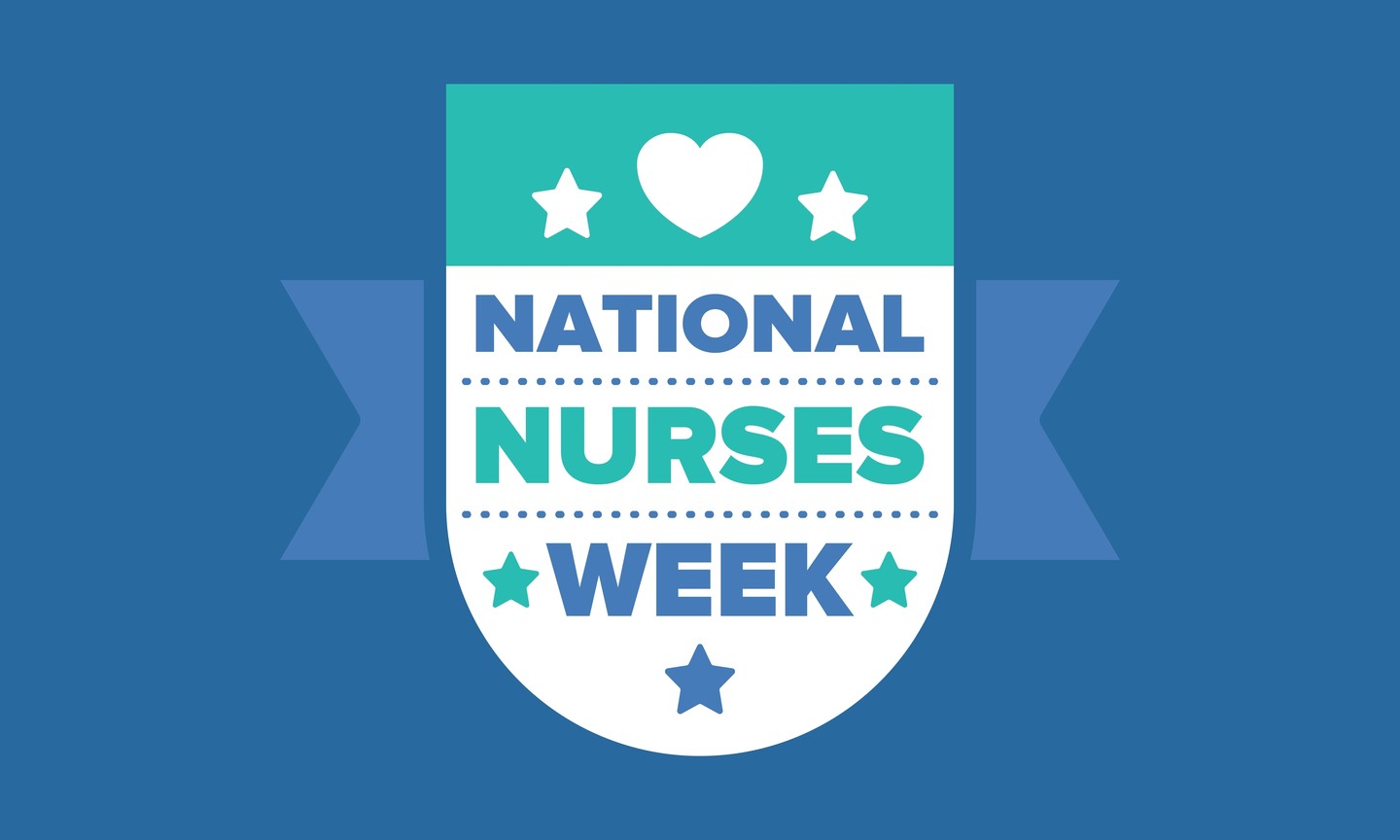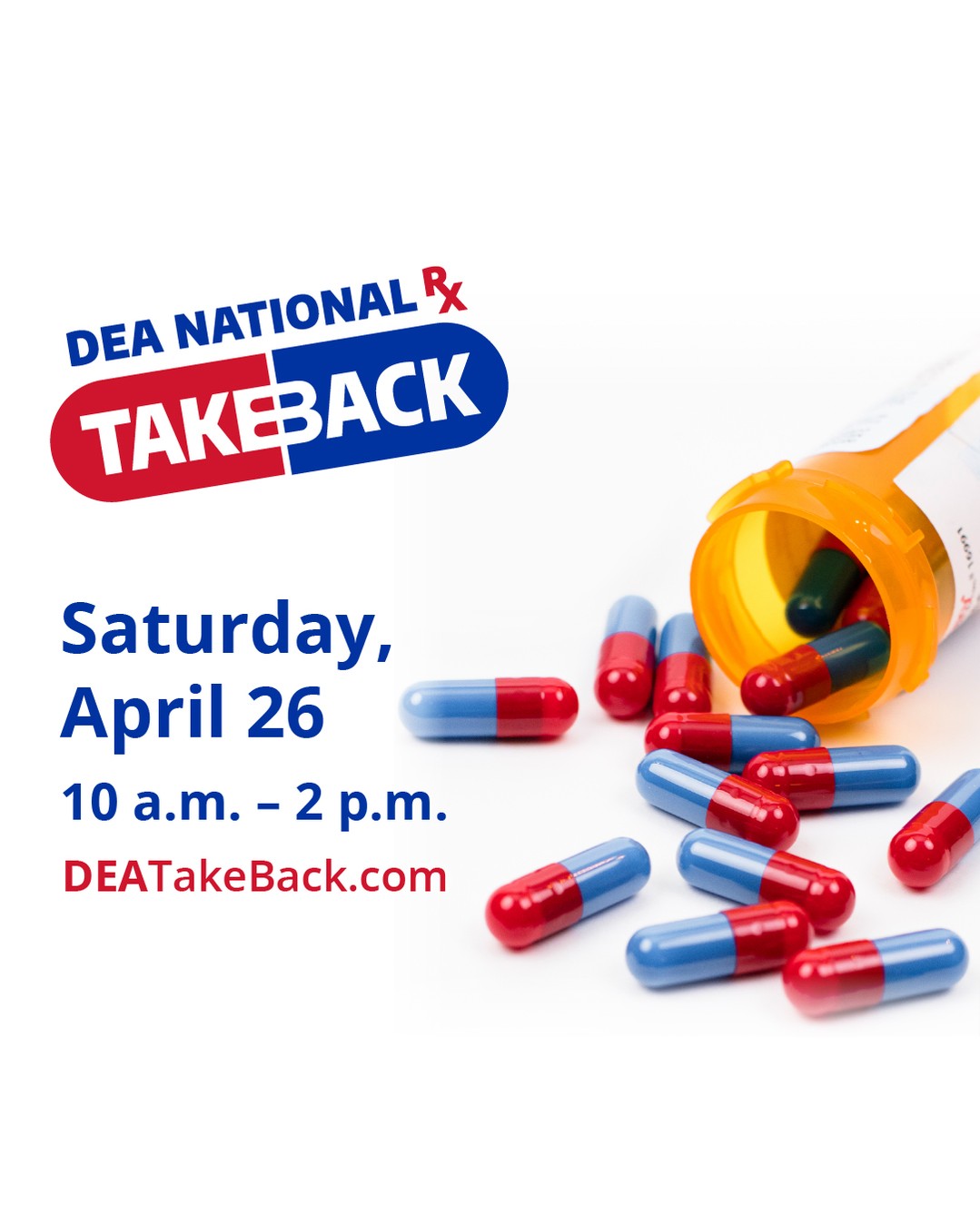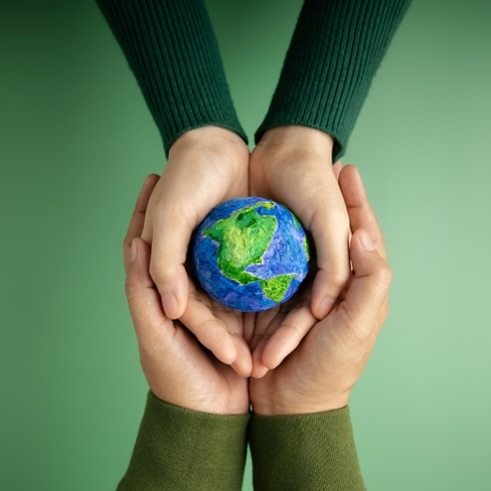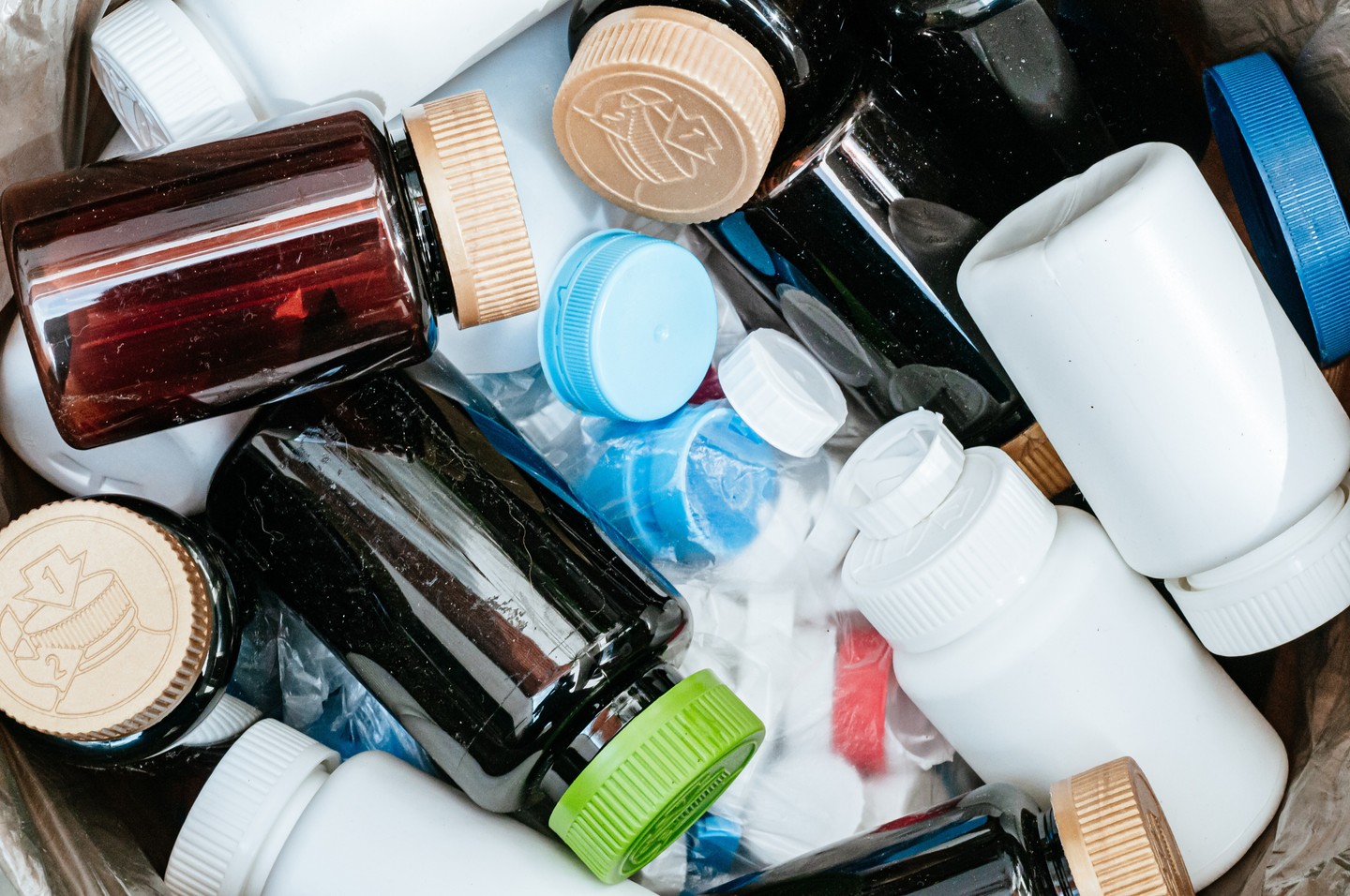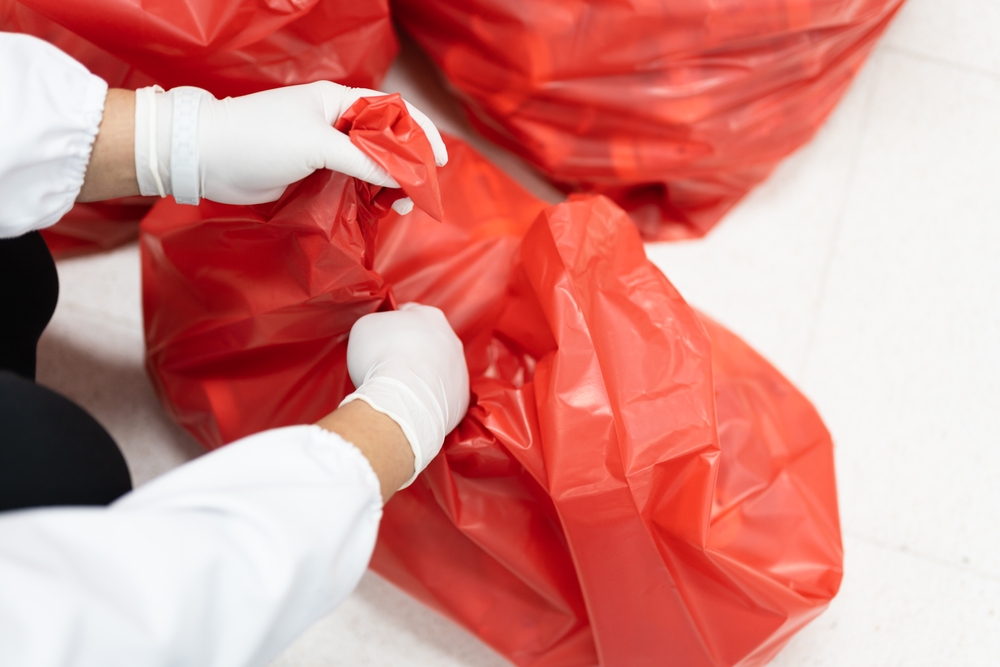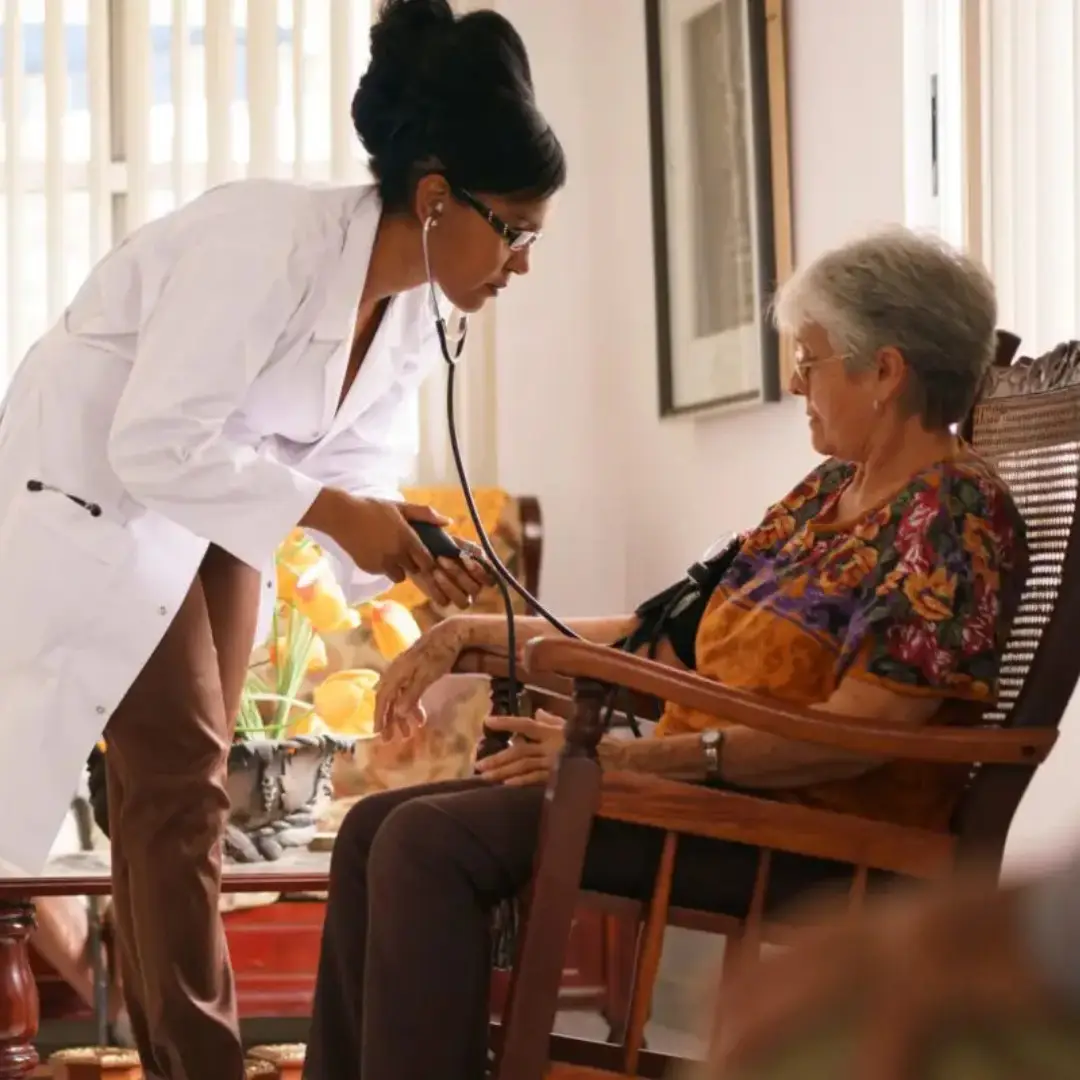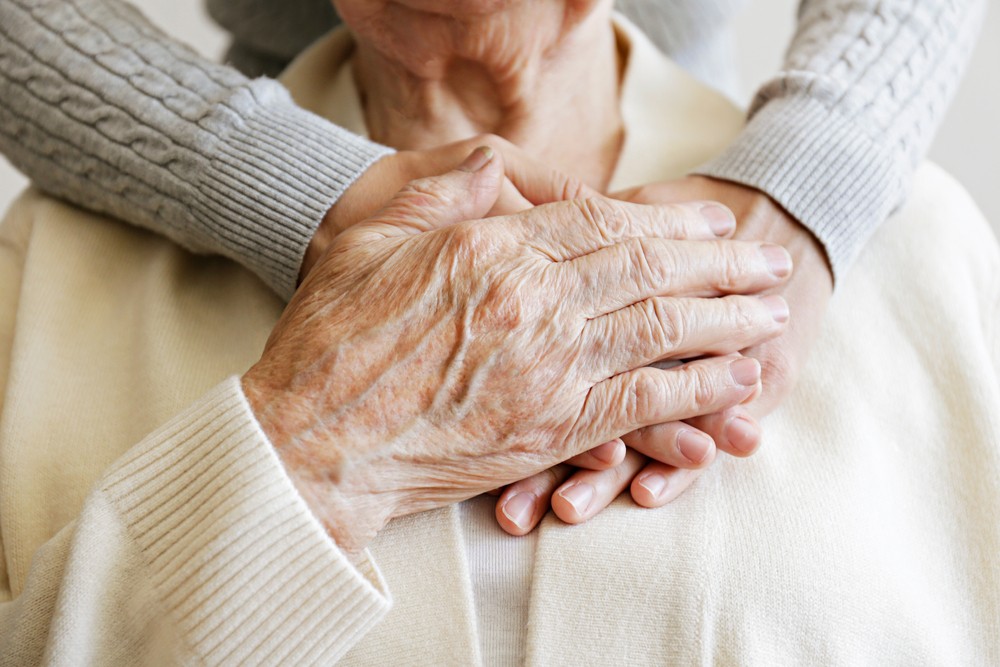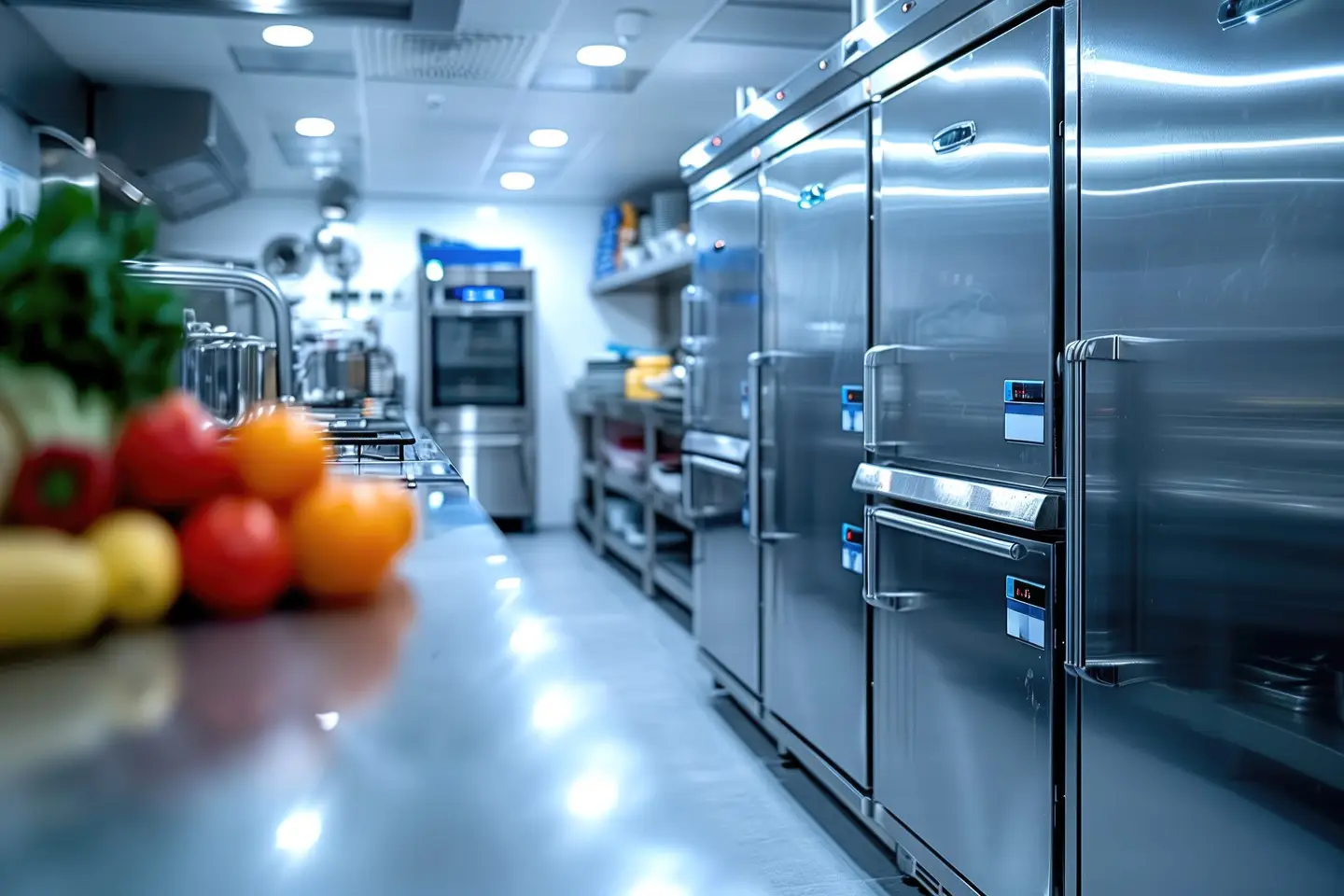I don’t recall seeing the coronavirus listed in any predictions for garbage and recycling in 2020. Nor, I suspect, did any solid waste plans have contingencies for managing garbage and recycling in a pandemic. After all, we have so little experience in this area.
As I write this, no one really knows when this will be over. We are trying to figure out how to react, what changes to make in our programs and what to anticipate two months down the road and probably longer. By no means do I have the answers. But I have some thoughts about the changes we are already seeing.
This pandemic reminds us that garbage is a public health issue. We have been so successful in managing our waste safely that we forgot trash collection began in the 1880s as a way to prevent disease. We are not perfect in how we manage our garbage, but we have one of the best waste management systems in the world.
It’s useful to remember this as we look at the serious threat of coronavirus to the public health and to the hundreds of thousands of workers who manage our waste and recyclables on a daily basis. The good news is that our industry responded swiftly. The National Waste & Recycling Association and the Solid Waste Association of North America quickly supplied information to waste and recycling collectors and processors on how to safely manage their part of this crisis. The Institute of Scrap Recycling Industries did equally stellar work on behalf of scrap recyclers and their workers.
These associations had to move quickly. The coronavirus pandemic is forcing garbagemen and recyclers to grapple with realities that weren’t talked about two months ago. These range from the seemingly mundane decision to have transfer station attendants only take credit cards instead of cash to the more challenging task of figuring out how to maintain social distance inside the cab of a collection truck and on a recycling processing line. We are far from having all the answers on how to ensure our workers stay protected, but the industry is embracing this challenge.
Coronavirus is having other impacts beyond worker safety. The material haulers collect for disposal and recycling will change. Emergency orders in many states and counties are limiting the number of businesses allowed to stay open. Closed stores don’t generate garbage, and closed restaurants don’t generate food waste.
Recyclables will also change. A recent analysis of what sells and what doesn’t in a pandemic showed to no surprise that grocery sales rise dramatically. In addition, online sales of all kinds of food products increased even more rapidly than in-store sales. Because emergency orders closed restaurants but allowed the sale of takeout food, I suspect that curbside recycling programs will see more corrugated boxes from online sales and more paperboard boxes from home meal delivery. But commercial recycling will see a drop in clean corrugated boxes from all those closed nonessential businesses. Collapsing ad revenues will make newspapers even smaller.
Food waste also can show puzzling trends during crises. Bill Rathje, the late garbologist whose landfill excavations showed what our garbage says about us, uncovered an odd anomaly about food waste during crises. He discovered that during a highly publicized beef shortage in the ‘70s, the rate of wasted beef was three times higher than in normal times. Rathje believed crisis buying caused this. In their rush to get food, people bought cuts of beef they were unfamiliar with and did not know how to cook or store the beef. I suspect we are likely to see the same reaction today.
Concerns over virus transmission have led to some recycling programs being stopped. Drop-off centers have been hit more than curbside programs. In addition, eight of the 10 states with bottle deposits suspended enforcement of the takeback requirements. This will lead to a crimp in the supply of clean PET bottles, aluminum cans and glass bottles for recycling.
Reusables may be getting the worst of the situation. Early on in this crisis, coffee stores stopped selling drinks in reusable containers. I suspect this was due to fears over how well their customers had cleaned their reusable containers. They didn’t want the liability for someone else’s negligence.
But that problem pales against the plastic bag ban backlash. Some of the bans were delayed or suspended. In addition, the state of New Hampshire banned the use of reusable bags in grocery and other retail stores. That action was based on concerns that grocery store baggers could get infected by viruses on the reusable bag.
I understand the concern over virus transmission. We don’t know exactly how the virus can be transmitted from surface contact or how long it lasts on a surface. That is a reason for caution whether the surface is a bag, a recycling bin, the handles of a garbage can or a grocery store purchase. But are reusable bags really hellholes of bacteria? I can’t help but wonder about the risk to the customer of picking up and putting their purchases in their shopping cart and then the risk to the bagger of placing them in a bag. Perhaps the solution is to let the shopper decide. You bring in a reusable bag, you assume the risk of placing your purchases inside the bag. That happens anyway at stores with automated checkout stations.
And yet, once this crisis is over, we will have the opportunity to reconsider our current hysteria over single-use plastic packages and products. Some of you might remember my June column, which discussed my bout with cellulitis. I was delighted by the single-use plastic packaging for the medical devices that delivered the antibiotic medicine. Single-use plastic products sped up my recovery. Single-use plastic packaging protects products, prevents food waste and lowers greenhouse gas emissions. And yes, they can be hard to recycle.
We need to have a serious conversation about the value—and drawbacks—of single-use products and packaging instead of the hysteria that is so prevalent. We need to take a hard look at the cradle-to-grave greenhouse gas emissions of the different kinds of packages and decide whether lowering those emissions or raising the recycling rate is more important. Sometimes you can’t have it both ways.
I do have a piece of good news for those of you who failed to act quickly when news of the pandemic began to spread. TissuePlus is a brand-new paper company in Bangor, Maine. The company converts rolls of paper into a variety of products including toilet paper. Relief is on the way.
Finally, to those of you working on collection trucks and in processing centers, transfer stations and disposal facilities, thank you. You and your coworkers are helping keep America safe.
Chaz Miller is a longtime veteran of the waste and recycling industry. He can be reached at [email protected].
This post, Nobody Predicted This, first appeared on https://www.waste360.com.
